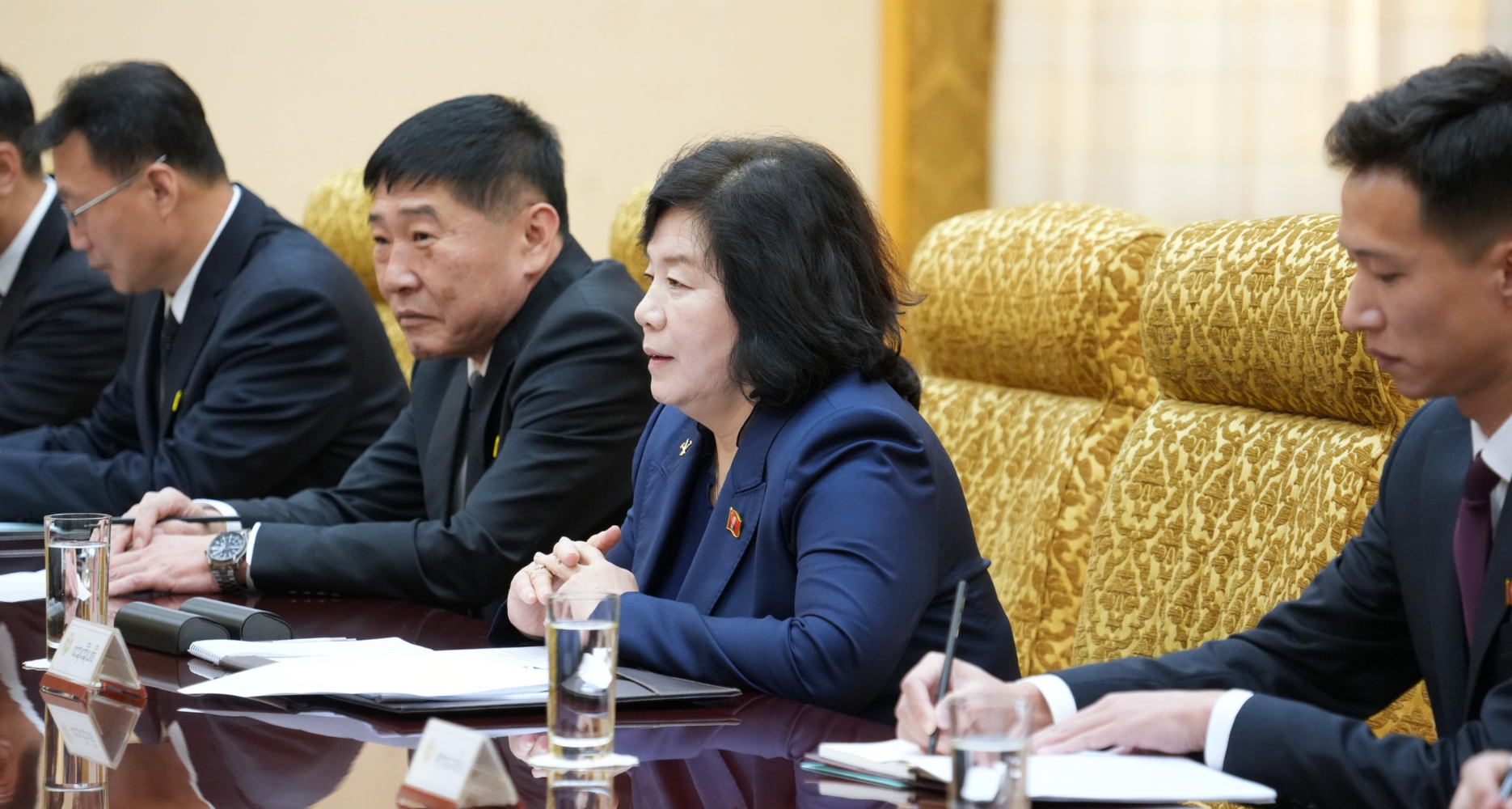Your editorial (The Guardian view on the BBC under siege: Britain must defend its own truth, 10 November) argues that the row over the editing of Donald Trump’s speech for Panorama is a sideshow and that the real fight is over what impartiality means – and who gets to decide.
A disappointing feature of that fight is that both accusations and denials of bias are typically uncorroborated assertions: subjective judgments with little reference to any of the extensive research into broadcast bias conducted by both academics and broadcasting organisations.
For example, a series of studies conducted by the Independent Broadcasting Authority and the Independent Television Commission, the regulatory predecessors of Ofcom, may give BBC critics such as Nigel Farage, who claims that the BBC has been “biased for decades”, pause for thought.
Annually, from 1975 to 2000, a representative sample of UK TV viewers were surveyed for their views of political bias on each of the channels. While the majority reported no particular bias on the BBC, the numbers seeing pro-Tory bias were significantly higher than those seeing bias in favour of any other party in every year except one: in 1997, the year Labour won office, those seeing pro-Tory bias declined substantially, from 26% in 1996 to 6%; those seeing pro-Labour bias rose somewhat, from 6% to 8%.
Of course, perceptions of bias don’t prove that programmes are biased – which is precisely why any serious claims of political bias will be accompanied by strong evidence. The question as to whether BBC coverage is biased has been addressed by rigorous and systematic content analyses. For example, a 2013 study conducted at Cardiff University found that the BBC tends to reproduce “a Conservative, Eurosceptic, pro-business version of the world, not a left-wing, anti-business agenda”.
Judgmental assertions of bias – however vehemently expressed – should not supplant careful analyses of evidence.
Prof Peter Ayton
Centre for Decision Research, Leeds University Business School
When Donald Trump’s press secretary, Karoline Leavitt, asserted that the BBC is “100% fake news”, did she realise that the BBC reported that Trump was re-elected in 2024? So either he wasn’t or the 100% statement is false. The BBC should countersue Trump for up to $6bn for this calumny. Unlike Trump, the BBC has a good reputation to lose.
Peter Williams
Stockport, Greater Manchester
The BBC is now in the middle of a whirlpool of controversy. One way to dispel concerns, and go a long way to appease Donald Trump, would be to broadcast his January 6 speech in full. I’m sure viewers would be able to make their own minds up about how perfect a speech it actually was.
Richard Evans
Winchester
First, the BBC should sack those immediately responsible for the conflation of the clips of Donald Trump’s speech. Second, it should offer a gold-plated baby rattle as full and final settlement – better make it a very robust rattle as it is likely to make many trips out of the presidential pram.
David Bell
Harrow, London
Would an invitation to President Trump to make a third state visit to the UK be sufficient for him to drop his case against the BBC?
Sam White
Lewes, East Sussex
If the BBC doesn’t stand up to Donald Trump in court I will never pay my licence fee again. I will, however, continue to sneaky-listen to 6 Music in the car.
Ste Thomas
Wigan, Greater Manchester


